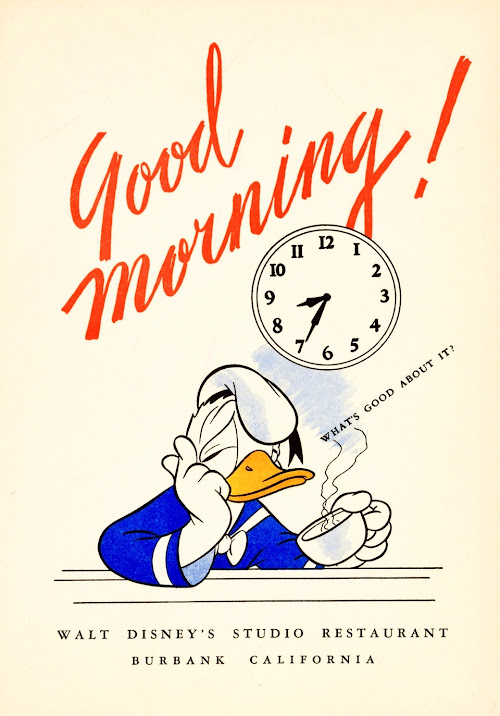Along with one of my Easter Eggs yesterday came this delightful little button badge featuring Moominpappa, ever-reliable paterfamilias of Tove Jansson's Moomins and their extended family. [Many thanks S&R!].
This provides me with an opportunity to display a quartet of original Easter illustrations by Tove. Made in 1950, these illustrations were created using a mixed technique of ink, watercolor, and gouache and were later featured on postcards and sold at the department store Stockmann in Helsinki, Finland, during the spring of 1956.
I ought, perhaps, to offer an explanation for the little witches flying by in the background to Snuffkin's scene of merry music-making. This from the website 'THIS IS FINLAND':
Finnish Easter traditions mix religious references with customs related to the long-awaited arrival of spring. If you answer the door on the Sunday before Easter, you may be confronted by endearing little witches offering to bless your home in return for treats.
In the most popular family tradition, young children (especially girls) dress up as Easter witches, donning colourful old clothes and painting freckles on their faces. 'The little witches then go from door to door, bringing willow twigs decorated with colourful feathers and crepe paper as blessings to drive away evil spirits, in return for treats,' says children’s culture expert Reeli Karimäki of the Pessi Children’s Art Centre in Vantaa, just north of Helsinki.
Like many Finnish householders, Karimäki keeps a basket of small chocolate Easter eggs ready by the door to pay off the marauding witches. Other families reward them with sweets or small change – or keep their front doors resolutely closed.
The witches recite a traditional rhyme at the door: Virvon, varvon, tuoreeks terveeks, tulevaks vuodeks; vitsa sulle, palkka mulle! (In translation: 'I wave a twig for a fresh and healthy year ahead; a twig for you, a treat for me!')
'This Finnish children’s custom interestingly mixes two older traditions – a Russian Orthodox ritual where birch twigs originally represented the palms laid down when Jesus entered Jerusalem on Palm Sunday; and a Swedish and Western Finnish tradition in which children made fun of earlier fears that evil witches could be about on Easter Saturday,' explains Karimäki.
To this day, the little witches are more likely to roam on Easter Saturday in western Finland, but on Palm Sunday in other regions.
Karimäki adds that, as Easter approaches, Finnish children also plant grass seeds in shallow dishes of soil and place birch twigs in vases of water, and watch eagerly for green shoots and 'mouse-ear' buds to appear symbolising the springtime reawakening of life. Easter eggs and Easter bunnies – both pre-Christian symbols of fertility – also abound in Finland, though these are more recent cultural imports.
To read more about a Finnish Easter – Passion Plays, Church celebrations, bonfires and seasonal cuisine, CLICK HERE










